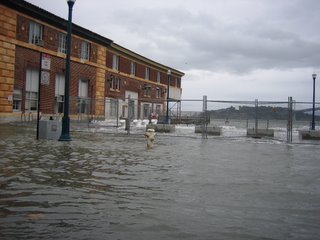file under things best left unpublished
A while back I worked for an Unnamed Principal Investigator. My job was to edit his turgid prose, but that turned out to be too painful for both of us, and I switched roles to become his office manager of sorts. It was not the worst job ever, but I definitely bear scars from a year spent reviewing epidemiological surveys. Nearly ten years have passed since I held that job, so it was an absolute surprise to hear that this very Principal Investigator had contacted my friend Office Manager at Famous Restaurant. He wanted to know whether he could secure forty reservations at said restaurant in order to photograph their meals to post on his diet analysis web-site. Actually, he specified, he was wondering whether he could get these forty meals at a discount, what with it being a bulk purchase, and whether it'd be ok if he brought his two daughters (one for whom he'd like the discounted "kid's meal price" since she doesn't eat much, and the other for whom he'd just like a chair and an extra plate, since she'd be eating off his plate).
I told my friend that I hoped she refused him on moral grounds; the people taking his surveys, the smokers and under-exercisers of the world, are not going to find matches of their meals on his web page of Forty Meals from a Famous Restaurant. Not to mention that this isn't exactly what the government has in mind when they award their research fellowships.
But it was my friend's sister who had the more appropriate response. Perhaps Principal Investigator would like to submit his request to San Quentin? Meals only cost $1.43 there, so he wouldn't need a bulk discount, and surely the inmates could whip up a kiddie seat in their workshop...





